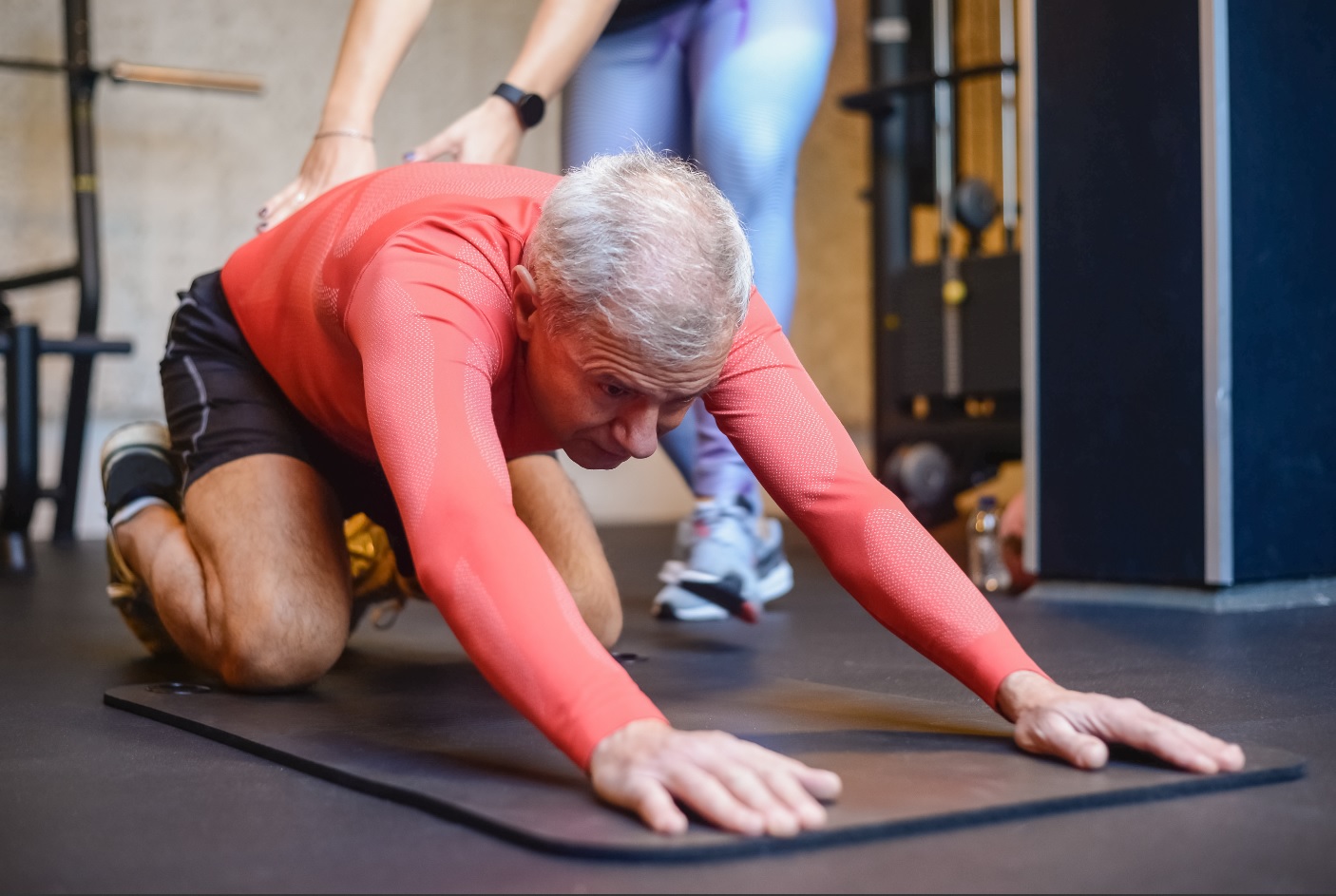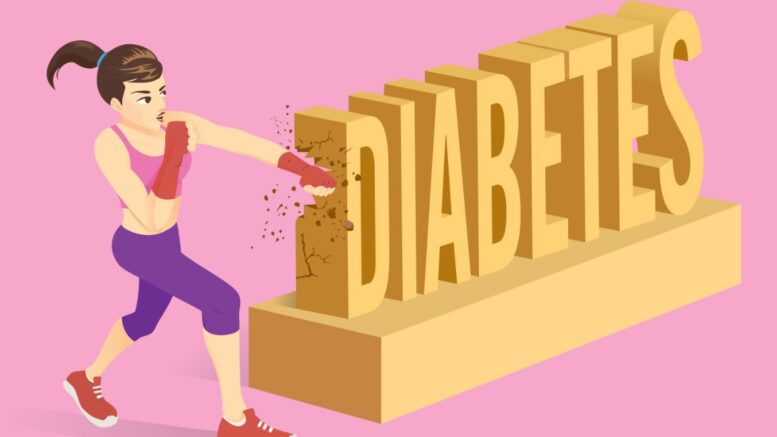We thought with better innovations and upgrading technologies, it would be easier to deal with distances and diabetes. The former, we’ve almost covered, the latter, we haven’t reached there yet.
Nonetheless, it has been easier to get a doctor’s appointment, get consultations online without stepping out of your house, dealing with emergencies at home (to an extent), and even get the medicines delivered to your doorstep.
But there hasn’t been any progress on how to get rid of diseases completely, and to be honest, it almost seems impossible to get rid of them because people have become lethargic and do not want to step out in fresh air, knowing things can be done online.
Physical activities keep you fit and disease free. Although, with the increasing number of street food items and the trend to try them all is rather unhygienic and can be a major cause of diseases.
Understanding Diabetes
Diabetes is a medical condition caused by high levels of glucose or sugar in the blood. It affects your body’s ability to turn the food you consume into energy. Glucose is one of the main sources of energy.
Glucose is one of the main forms of energy that is produced by your body itself but can also be derived from the food you eat. Insulin, too, is produced by your body, which helps the glucose reach your cells so your body has the required energy.
If you have been recently diagnosed with diabetes, that is most probably because your body was not able to utilize the produced insulin or it doesn’t have enough insulin to be utilized to guide the glucose so it can reach your cells. So, it remains there, unutilized.
There are two kinds of diabetes:
Type 1 diabetes
You may find out at any age, but children and young adults are the ones usually diagnosed with type 1 diabetes.
Your immune system is the one responsible for this. Your immune system attacks and demolishes the insulin-making pancreas, which in turn reduces the amount of insulin to zero or less.
Hence, people diagnosed with type 1 diabetes need to take insulin repeatedly to fulfill their body’s needs.
Type 2 diabetes
This is the most common and can even be found in children or if you’re not following a healthy lifestyle. The better part is that the insulin is still there in your body, and you can avoid taking regular insulin to keep yourself alive by switching to a better lifestyle and taking the necessary measures.
Living with diabetes
Diabetes is something that depends more on the patient than the doctor. Obviously, the doctors are the ones that are responsible for recommending what necessary medications or precautions you’ve to take, but eventually, it’s your body, and it’s going to last as long as you are going to take proper care of it.
Diabetes is a health condition that requires medication and awareness, that is, empowering the patient.
Empowerment can be defined as an approach where the patient is made aware and held responsible for their own life. The purpose should be to educate the patients about the various treatment options, make decisions for their own good, clarify doubts, or seek answers to questions, if any.
Self-management is a key skill that needs to be taken into proper consideration since the patient needs to continue living life as it was, except that there’ll be some medicines being nosy while he is about to have his dinner.
A healthy lifestyle ensures a healthy human being. If any individual is diagnosed with type 2 diabetes, takes proper care of themselves, engages in physical activities, and maintains a balanced diet, still there are fewer chances of him being promoted to type 1 diabetes.

You must take responsibility for your actions if you haven’t taken them yet. However traditional it sounds, you need to make your own decisions, address your own concerns and participate actively in the race of your life.
Diabetes, if not properly taken care of, can lead to severe complications, which might as well include all the dreadful diseases ranging from cardiovascular diseases, nerve damage, eye problems, diabetic nephropathy (kidney problems), hearing loss, and even skin problems that leads to slow healing of even minor cuts or injuries.
Obesity and an inactive lifestyle which is found in almost every third individual is the major cause of diabetes.
The best way to avoid being diagnosed with it is to be physically active and healthy.
Diabetic education or spreading awareness about the patient’s condition and encouraging them to make wise decisions about their life, and being responsible about how they can tackle the situation is something we often fail to achieve.
Nevertheless, being able to tackle the problem does not necessarily mean getting rid of the disease, that’s rare in the case of diabetes, but being able to properly deal with it and make informed decisions about yourself serves the purpose.
Conclusion
Diabetes is a patient-managed disease. However, it is a grave disease that requires continuous medical assistance and therapy. Timely detection and proper management can be of great help and improve the overall quality of life.
Empowering patients about their health conditions makes them aware of where they stand and what they can do to improve their living style and live healthily. It is a sort of confidence that they get when they’re educated about their own health that makes them even more confident about their body and its requirements.
